 |
| January 08, 2020 |
Dear Reader,
For the second time ever, scientists detected gravitational waves sparked by two neutron stars colliding. In Germany, a disease known to cause infected animals to behave strangely, like banging their heads into things, has been connected to several human deaths. Also, we remember Stephen Hawking, one of the most influential physicists of the 20th century, who was born on this day in 1942. |
| | Sunya Bhutta, Senior Editor, Audience Engagement
@sunyaaa | |
 |
| |
| |
| |
| |
| |
| Physics Quantum Slits Open New Doors An update to the classic "double-slit" experiment paves the way toward a novel strategy for quantum computing | | | | |
FROM THE STORE
 | | Seeking the Multiverse Instead of "what if the South won the Civil War?" cosmologists ask, "what if the constants that make up the fundamental building blocks of physics were different?" Physicists argue that any slight change to the laws of physics would mean a disruption in the evolution of the universe, and thus our existence. With the many factors that had to align for us to exist, it can seem like the laws of physics might seem finely tuned to make our existence possible. Instead of a supernatural or divine explanation, this eBook explores the possibility is that our universe isn't the only one. |  | | |
| |
FROM THE ARCHIVE
 | | The Elusive Theory of Everything Physicists have long sought to find one final theory that would unify all of physics. Instead they may have to settle for several By Stephen Hawking,Leonard Mlodinow | October 2010 | | |
| QUOTE OF THE DAY
 "The greatest enemy of knowledge is not ignorance, it is the illusion of knowledge" Stephen Hawking | |
| |
LATEST ISSUES
 |
| |
| Questions? Comments?  | |
| Download the Scientific American App |
| |
| |



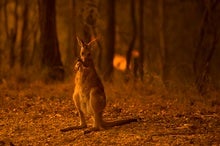

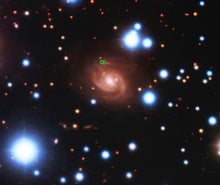
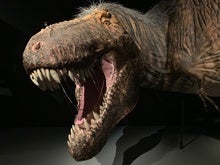
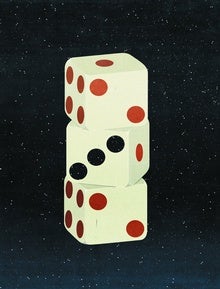
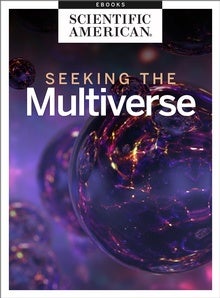

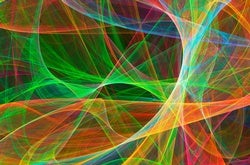
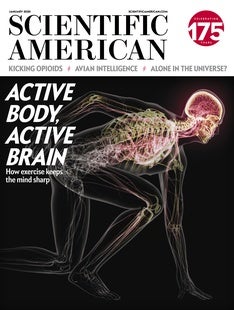

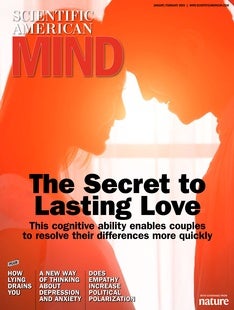
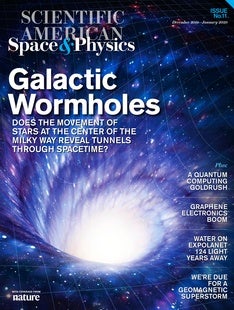
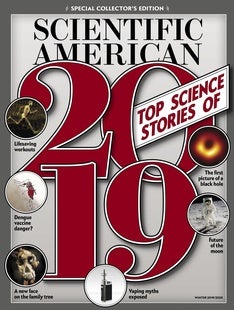



Comments
Post a Comment